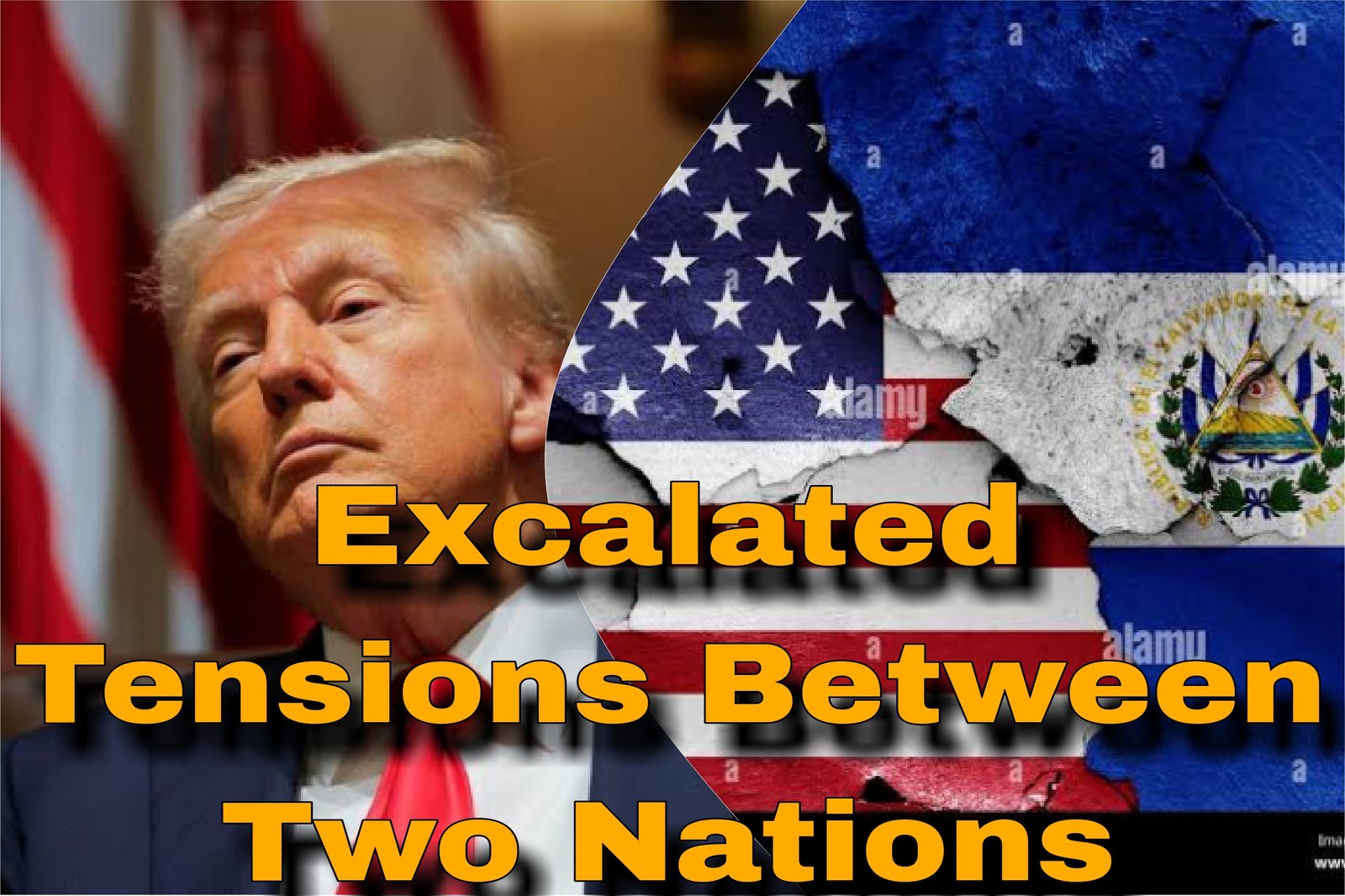In a surprising international standoff, the government of El Salvador has denied a U.S. extradition request for a Maryland man wanted on federal charges, escalating tensions between the two nations. The unexpected refusal comes at a critical juncture, just as trade relations between the U.S. and Central American countries are growing increasingly strained due to confusing and shifting tariff policies.
The unidentified Maryland man, reportedly linked to a multi-state fraud investigation, had been detained in El Salvador late last year under a provisional arrest warrant. U.S. authorities submitted a formal request for extradition, citing bilateral treaties and legal precedents. However, Salvadoran officials announced this week that the request had been denied, citing “procedural inconsistencies and sovereign legal concerns.”
The U.S. Department of Justice expressed “deep disappointment” over the decision, stating that the refusal undermines international cooperation on criminal justice. “We urge El Salvador to reconsider this unprecedented move, which may have far-reaching implications for the rule of law and our mutual agreements,” a spokesperson said during a press briefing on Monday.
Meanwhile, the situation is further complicated by growing confusion surrounding new U.S. tariffs on imports from Central America. In recent weeks, the Biden administration has introduced a series of fluctuating tariff proposals aimed at addressing trade imbalances, but the lack of clarity and sudden policy changes have frustrated regional partners, including El Salvador.
Analysts say El Salvador’s decision may be partially politically motivated, influenced by deteriorating diplomatic ties and perceived economic pressure. “This isn’t just about one man,” said Dr. Marisol Reyes, a Latin American policy expert. “It’s a response to what many in the region see as erratic and heavy-handed U.S. policy, especially regarding trade and security.”
Adding to the confusion, a leaked Salvadoran government memo suggests internal disagreements within the cabinet over how to handle the extradition request. While some officials argued for maintaining legal cooperation with Washington, others advocated for a more defiant stance to signal independence and push back against recent tariff threats.
On Capitol Hill, the case has sparked bipartisan concern. Lawmakers are calling for a review of U.S.–El Salvador relations and have begun drafting legislation that could condition aid and trade preferences on future cooperation in criminal matters. “This is a serious breach,” said Senator Maria Lopez (D-CA). “We can’t allow impunity just because a foreign government decides to play politics.”
As both countries dig in their heels, legal experts warn that the diplomatic impasse could set a dangerous precedent. “Extradition is a cornerstone of international law enforcement,” said attorney Marcus Reilly. “If countries start cherry-picking who they return based on politics or tariffs, global security cooperation could unravel rapidly.”
The State Department has not ruled out retaliatory measures and is reportedly reviewing all bilateral agreements with El Salvador. With tensions rising on both legal and economic fronts, observers warn that a long-standing partnership could be heading toward a serious rupture.
